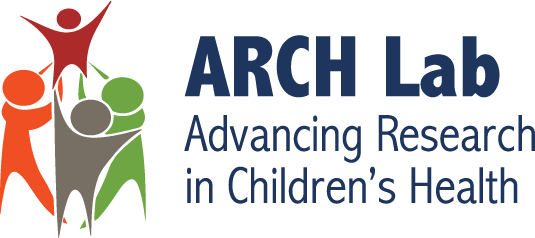The ARCH Lab has published a paper using data from its Multimorbidity in Youth Receiving Mental Health Services study, exploring the potential interrelationships among perceived stress, hair cortisol concentration (HCC), and mental disorders from a sample of youth and their parents. The paper, “Do subjective and objective measures of stress agree in a clinical sample of youth and their parents?” was published in the Journal of Comprehensive Psychoneuroendocrinology.
There is a coordinated psychological and physiological response that occurs after exposure to a stressor which returns the body to homeostasis. Evidence suggests that stress and HCC may be associated with demographic factors, family functioning, mental health, etc., but past studies suggest inconsistencies regarding the association between perceived stress and HCC. Data was collected from a sample of 48 youth with a mental disorder and 72 parents to model the link between perceived stress and HCC and the factors influencing both.
Through a series of questionnaires, hair samples, and interviews, data on youth and parent stress, HCC, sociodemographic and health characteristics were analyzed. The authors’ findings align with other studies that found weak to no associations between perceived stress and HCC across populations. The results indicate that these measures should not be used as proxies of one another and that both are needed to properly evaluate the stress response. Among youth, higher HCC and perceived stress was associated with general anxiety and a major depressive episode, respectively. In parents, higher HCC was associated with depression, and perceived stress was related to both depression and anxiety. Therefore, this exploratory study offers novel information that the links between mental health, sociodemographic and psychosocial factors vary with psychological and physiological stress.






